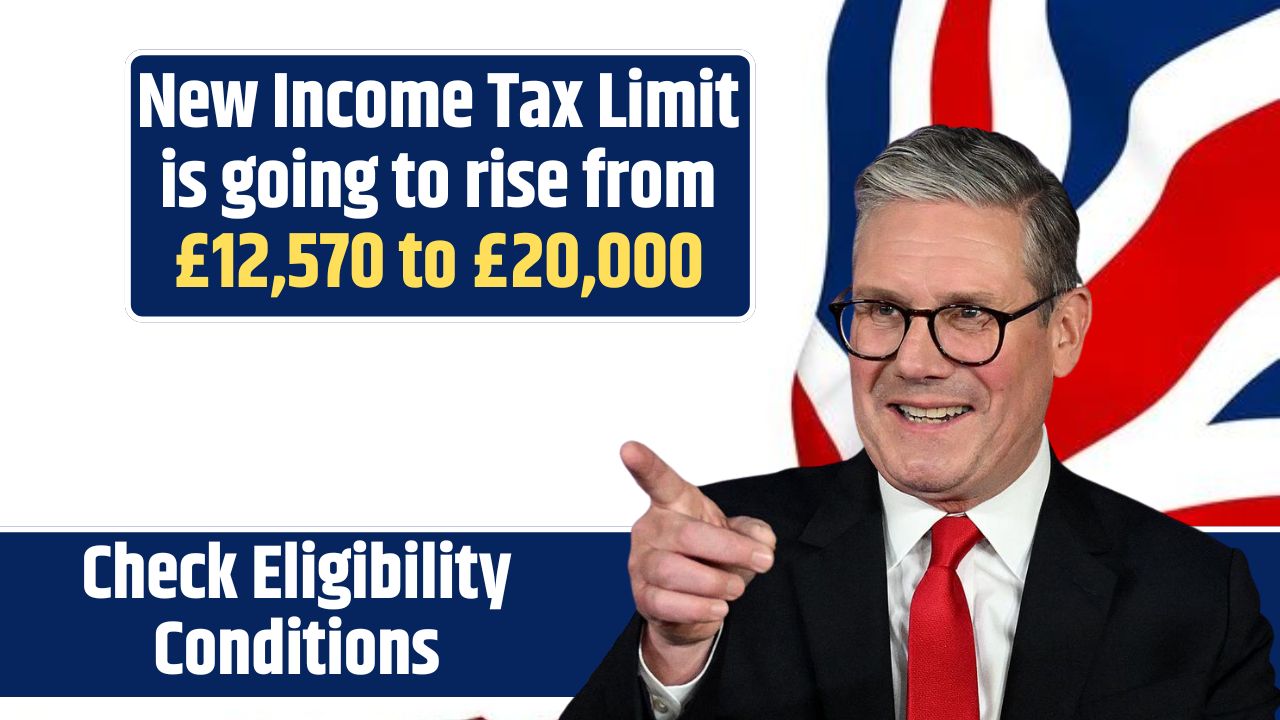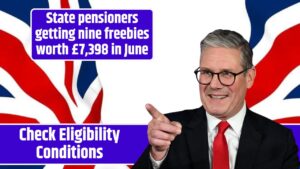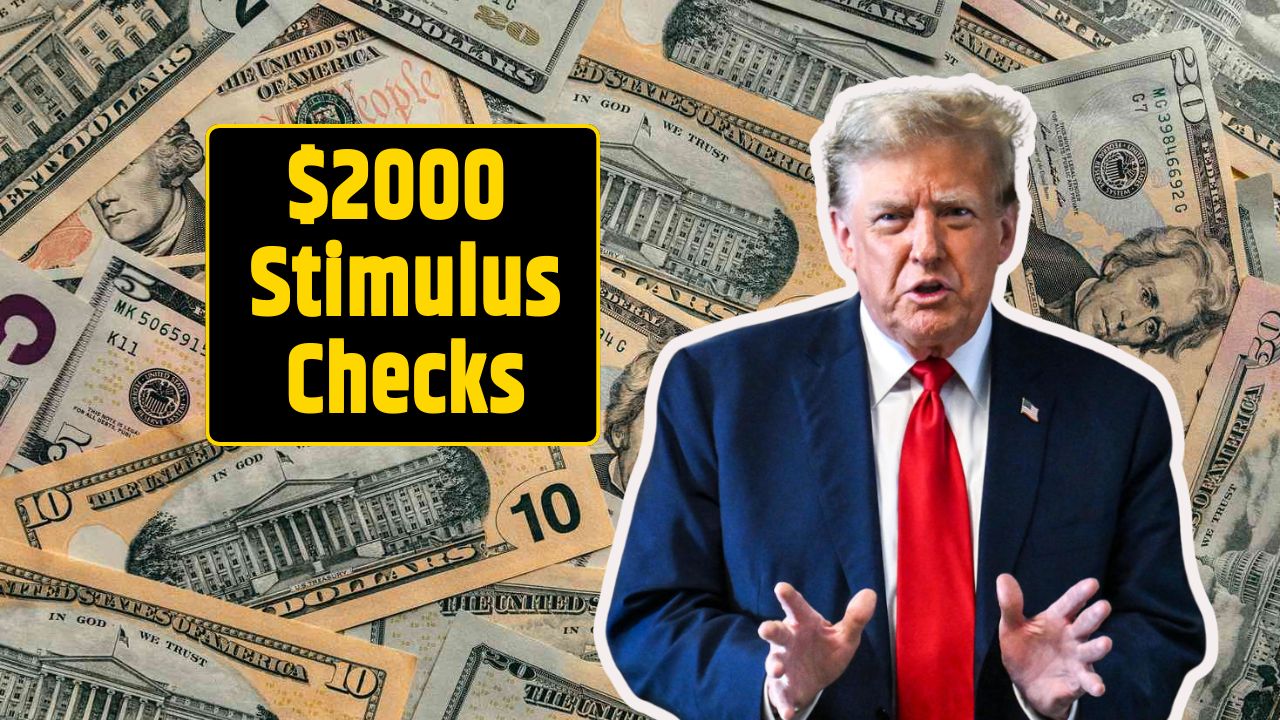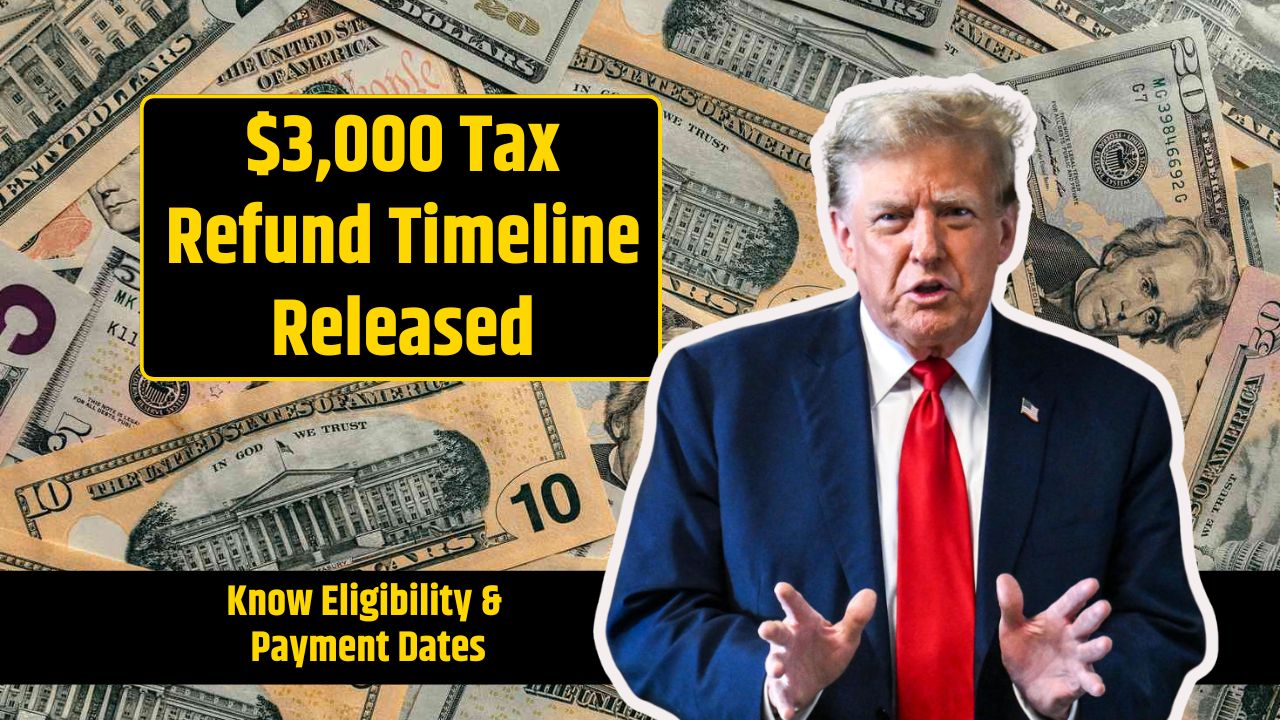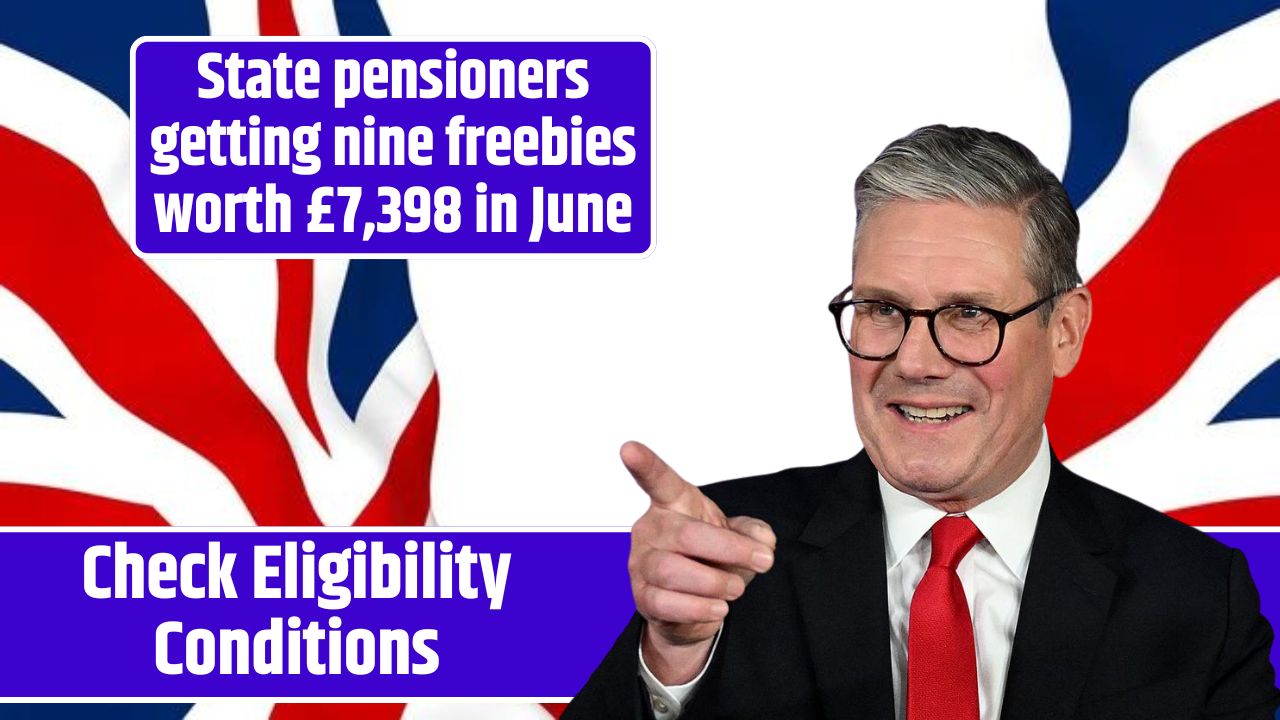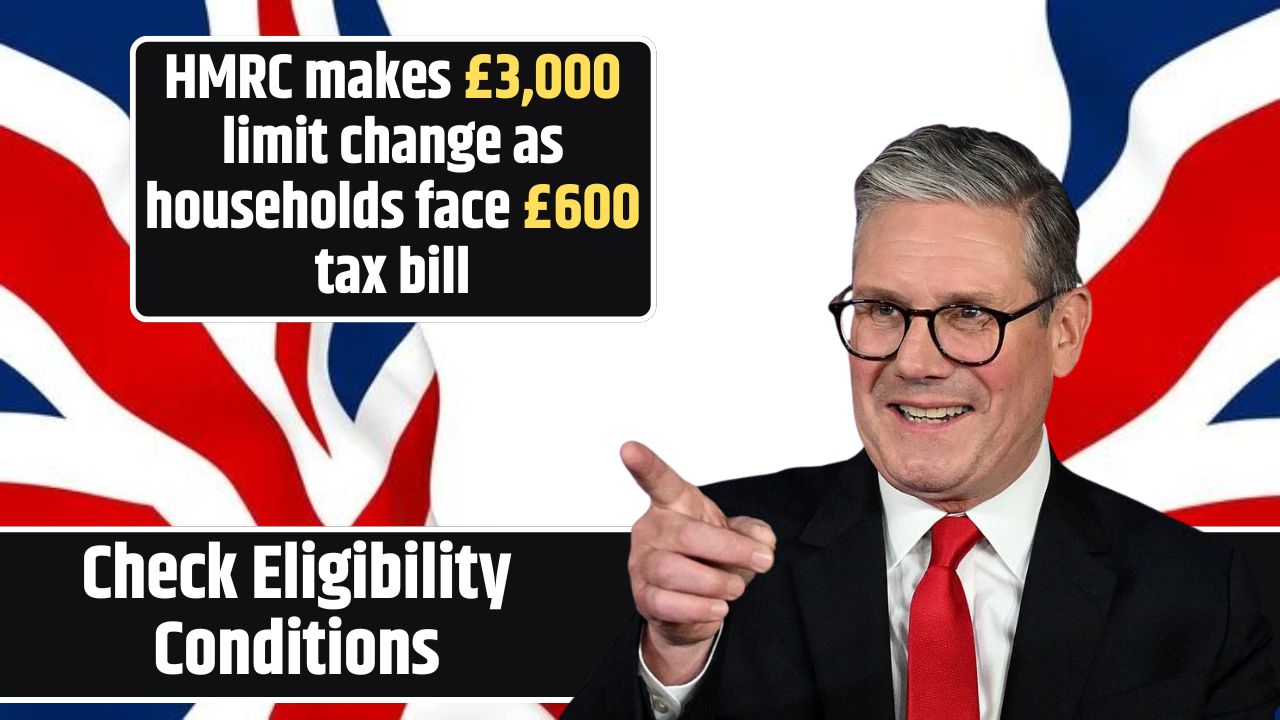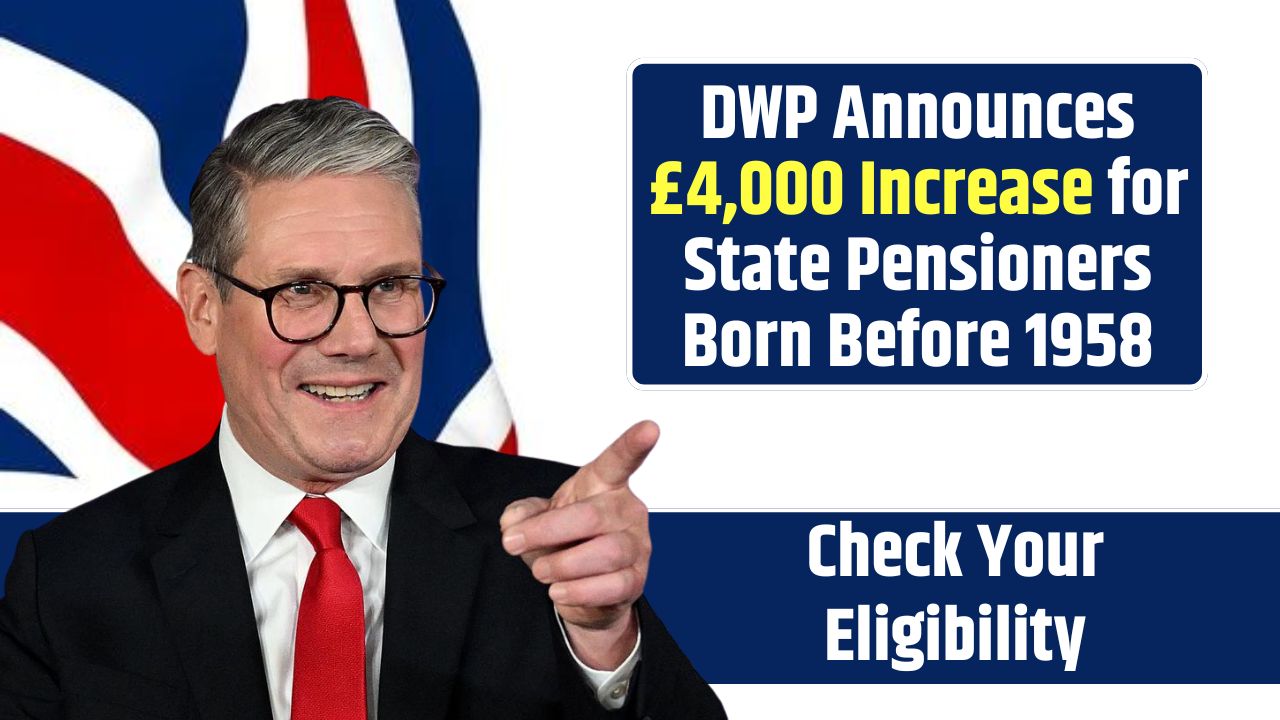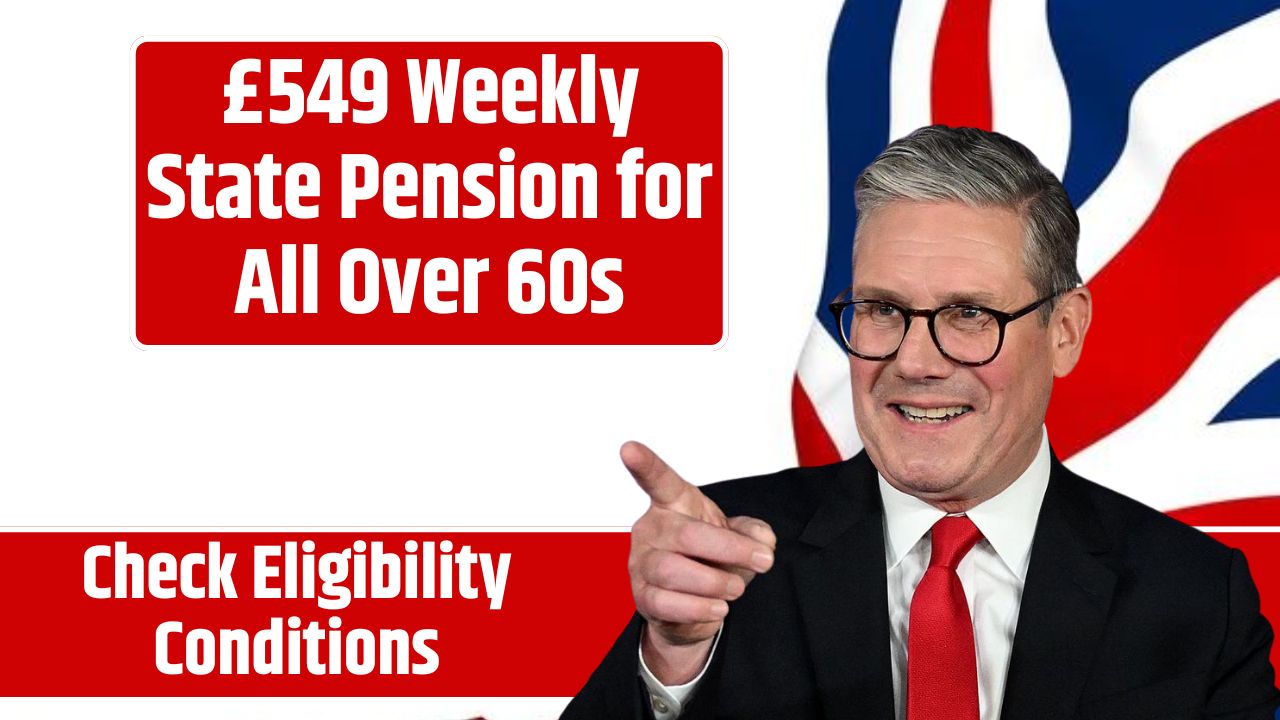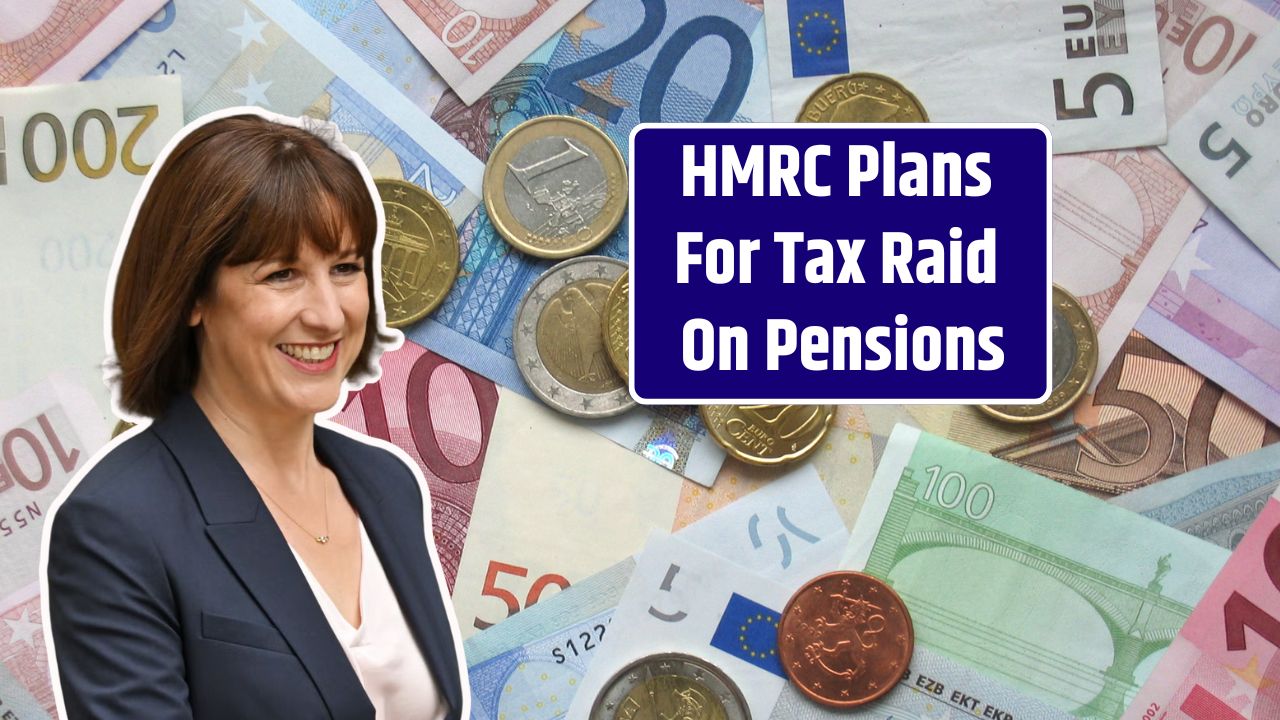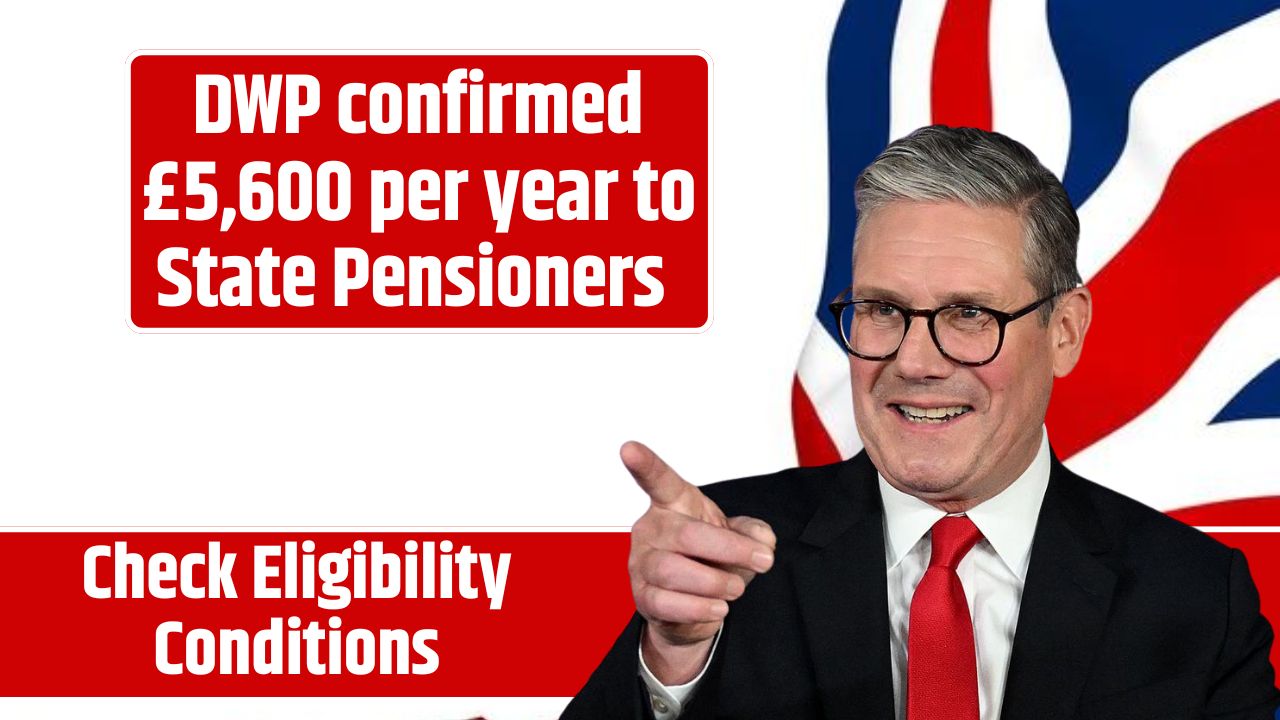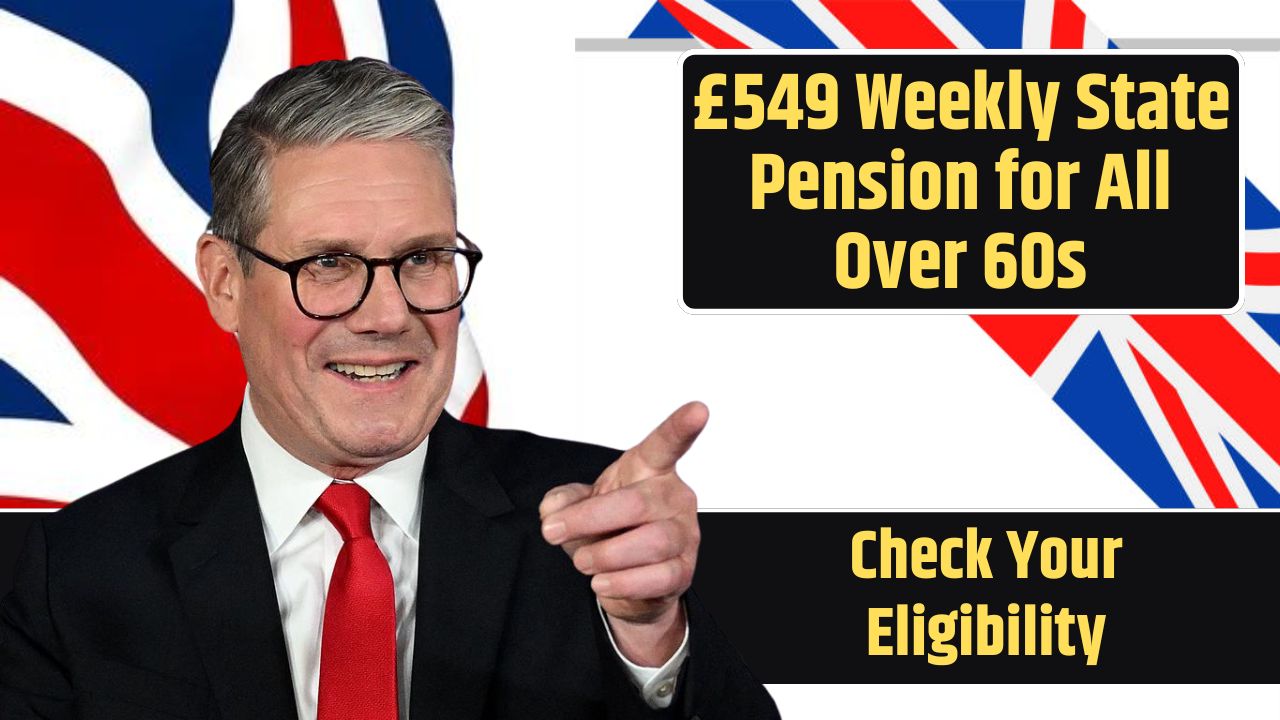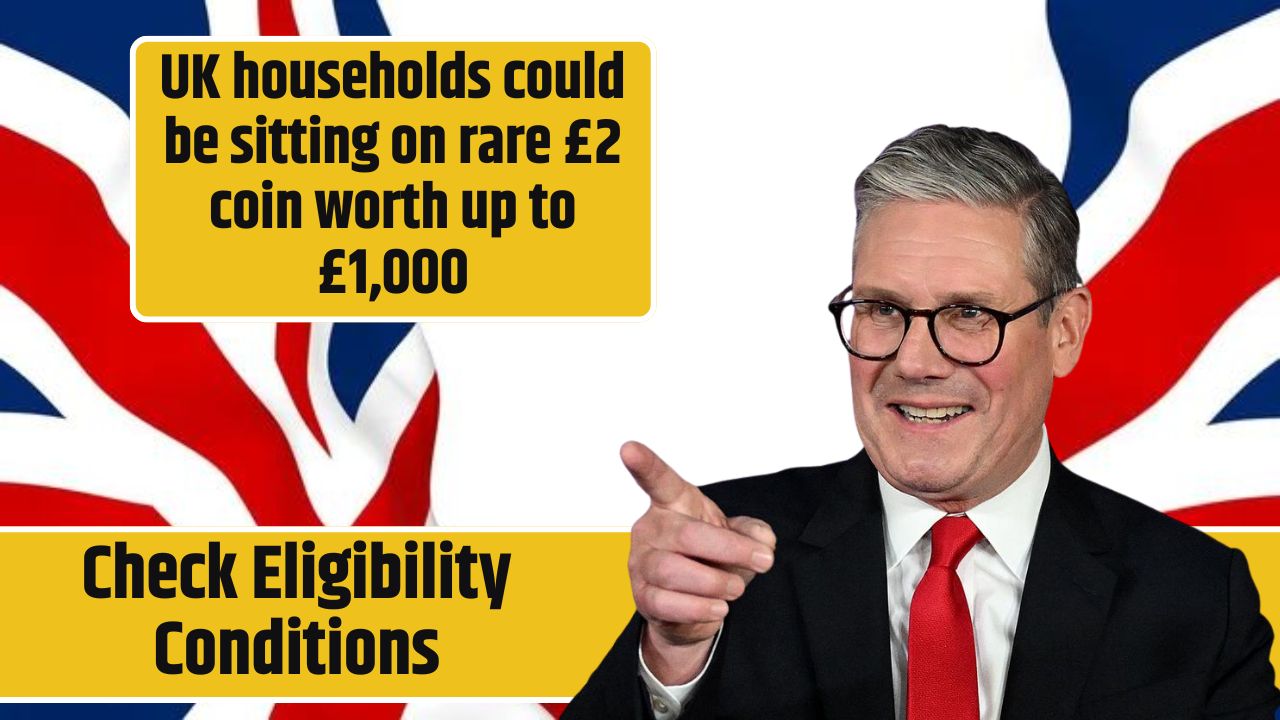A growing public push to raise the UK’s income tax personal allowance from £12,570 to £20,000 has gained major momentum, as a petition launched by Alan David Frost passed the critical 100,000-signature threshold, triggering mandatory consideration for a Parliamentary debate. With more than 133,000 signatories and counting, the call reflects growing concern about the financial pressure on low-income earners and pensioners.
What Is the Personal Tax Allowance?
The Personal Allowance is the amount of income an individual can earn before they begin paying income tax. For most taxpayers, this threshold is currently £12,570 and has been frozen since 2021. As wages and inflation continue to rise, the frozen allowance is pulling more low-income earners into the tax system.
Why Raise the Personal Allowance to £20,000?
The petition argues that increasing the threshold would:
1. Help Low Earners
By raising the threshold, more individuals would pay no income tax, boosting take-home pay and providing relief amid the ongoing cost of living crisis.
2. Support Pensioners
Many pensioners receive just above the current allowance in State Pension, meaning they’re now taxed despite living on a fixed income. An increase to £20,000 would eliminate tax liabilities for most retirees.
3. Reduce Benefit Dependency
Higher net income may reduce the need for support like Universal Credit, lessening dependency on state benefits.
4. Stimulate Economic Growth
More disposable income could encourage consumer spending, helping to stimulate the broader economy.
Potential Tax Savings
If implemented, taxpayers could benefit significantly:
| Annual Income | Tax Saved (Est.) |
|---|---|
| £20,000 | Up to £1,486 |
| £25,000 | Up to £1,486 |
| £30,000 | Up to £1,486 |
The tax benefit caps at around £1,486 per person for basic-rate taxpayers.
What Are the Downsides?
Loss of Revenue
Raising the allowance could cost the government between £40–£50 billion annually, putting pressure on public finances.
Service Cuts or Tax Rises
To offset this, the government may need to consider cuts to services or increases in other taxes such as VAT or National Insurance.
Inflation Risk
A sudden rise in disposable income could fuel demand-driven inflation, worsening the cost-of-living situation.
What Happens Next?
The process for public petitions in the UK follows specific steps:
| Milestone | Action Triggered |
|---|---|
| 10,000 signatures | Government must issue a formal response |
| 100,000 signatures | Parliament must consider holding a public debate |
| Petition deadline (20 June) | Public can continue to sign until the closing date |
Whether or not the proposal becomes law depends on Parliamentary debate, government stance, and future fiscal decisions.
Government’s Position So Far
The previous Conservative government froze the personal allowance until April 2028, arguing it was a necessary step to manage public debt post-pandemic. However, critics say this is effectively a stealth tax, dragging more people into paying income tax as wages rise.
Any change would require compensatory measures, such as new taxes or cuts elsewhere, to ensure fiscal neutrality.
What Is Marriage Allowance?
For couples, additional support exists under the Marriage Allowance, which allows one partner to transfer £1,260 of their unused Personal Allowance to the other—if eligible. This could result in tax savings of up to £252 per year.
Additionally, older couples where one partner was born before 6 April 1935 may qualify for the Married Couple’s Allowance, offering further tax relief.
A Major Policy Shift?
Raising the Personal Allowance to £20,000 would be one of the largest income tax reforms in modern UK history. While the economic and social benefits are clear for lower-income groups, the fiscal trade-offs and political appetite for such a change remain uncertain.
The petition remains open until 20 June 2025, and those wishing to show support can still add their names on the official UK Government petitions site.
FAQs:
What is the current UK Personal Allowance?
The standard Personal Allowance is £12,570. You don’t pay income tax on earnings below this amount.
Why do people want the allowance raised to £20,000?
To help low earners, support pensioners, reduce reliance on benefits, and stimulate economic growth through higher take-home pay.
How much tax could I save?
A basic-rate taxpayer could save up to £1,486 annually if the allowance rises to £20,000.
Will Parliament debate this issue?
Yes, the petition passed 100,000 signatures, which means it qualifies for consideration for a Parliamentary debate.
Is the petition still open?
Yes, the deadline to sign is 20 June 2025.

